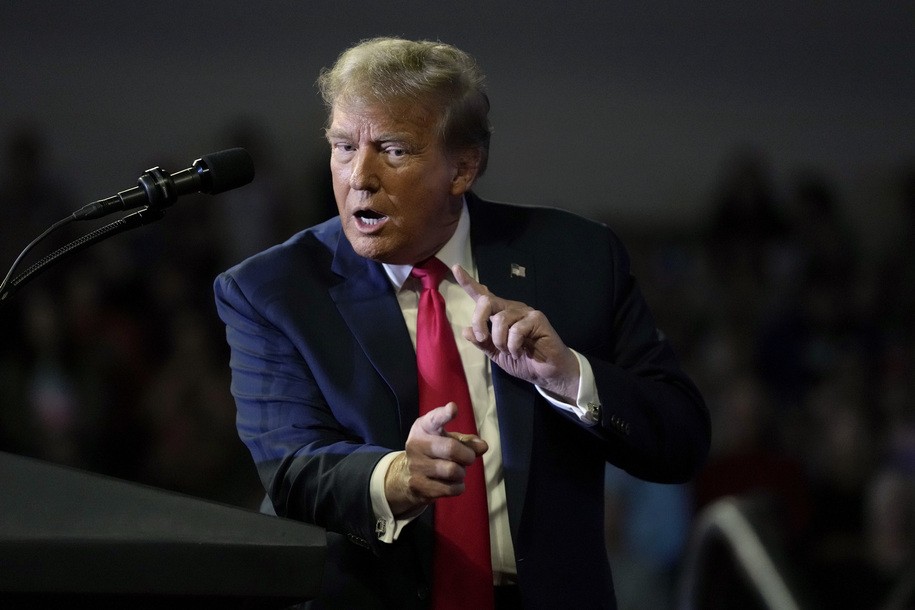The head of the NATO military alliance, Jens Stoltenberg, has expressed concern over Donald Trump’s recent comments regarding NATO and Russia. Trump, the Republican presidential front-runner, suggested that Russia should be able to do “whatever the hell they want” to NATO members who do not meet their defense spending targets. Stoltenberg warned that such suggestions undermine the security of all NATO allies, including the US, and put American and European soldiers at increased risk. Trump’s remarks have caused anxiety in Poland, which has a history of Russian control and is concerned about the war in Ukraine. Polish Prime Minister Donald Tusk expressed doubts about whether the US would show solidarity with NATO countries in the face of Russian aggression. Trump’s comments have also raised concerns among other NATO member states, particularly those on the front lines with Russia, such as the Baltic states.
In 2014, NATO allies pledged to increase their defense spending to 2% of GDP by 2024. However, according to NATO estimates, only 10 out of 30 member states were close to or above this target, while 13 were spending 1.5% or less. Trump’s senior adviser, Jason Miller, stated that Trump would be able to more effectively pressure allies to increase their defense spending compared to President Joe Biden. Stoltenberg expressed confidence that the US would remain a strong and committed NATO ally, regardless of the outcome of the presidential election.
Trump’s comments have sparked a debate about the importance of European nations investing more in their own defense. The German government did not officially comment on Trump’s remarks, but its foreign office emphasized NATO’s solidarity principle. The Polish president, Andrzej Duda, stressed the importance of a strong Polish-US alliance, regardless of the current political landscape. The German daily Frankfurter Allgemeine Zeitung called for European nations to increase their military spending to counter the risk of Putin expanding his aggression.
Trump’s presidency was challenging for NATO, as he openly admired Russian President Vladimir Putin, causing concern among allies. Stoltenberg was praised for his diplomatic skills in keeping NATO together during Trump’s tenure, but he is stepping down as head of the alliance. His successor is expected to be announced before NATO’s 75th anniversary summit in July.
NATO’s mutual defense clause, Article 5, commits all allies to help any member under attack. This article has only been activated once, by the US after the 9/11 attacks. Since Russia’s invasion of Ukraine in 2014, NATO has undertaken its largest military buildup since the Cold War. The outcome of the US presidential election and the future of NATO will have significant implications for global security and the relationship between the US and its allies.









